Features > Property News & Insights > Market updates
Big Changes Ahead for the RBA: Operational Shifts and Potential New Governor
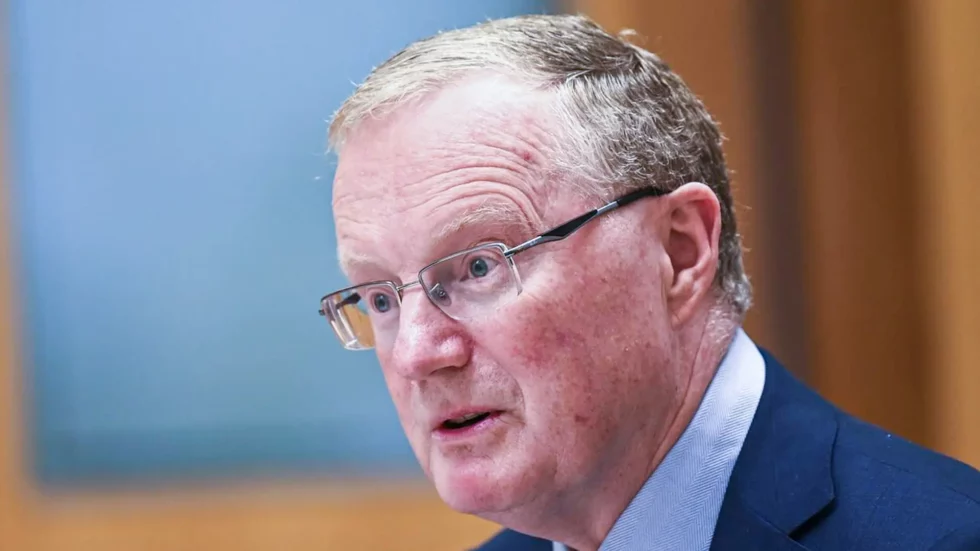
Phillip Lowe addressed the Economic Society of Australia in Brisbane this week, and took the opportunity to announce ten significant operational changes to the RBA, effective from February 2024.
The changes included a reduction of board meetings, from 11 meetings per year down to eight meetings, meaning there will be fewer opportunities for changes in the cash rate.
The meetings will be scheduled for the first Tuesday of February, May, August and November. The other four meetings will fall in between.
Other significant changes include a regular media conference following board meetings, to explain any decisions made. As well as the overseeing by the board of any research undertaken by the bank relating directly to monetary policy.
Additionally, any post-meeting statements will be delivered by the board rather than just the governor, and all board members will be afforded the opportunity to ask questions of RBA staff in an internal meeting prior to the actual board meeting taking place.
Changes triggered by Independent Review
The changes come as a result of an Independent Review into the RBA, that recommended an organisational reshuffle.
Recommendations included the stripping of rate-setting powers, relinquished to a second, better equipped board.
The current board is made up of external business and finance experts, but few with specialist experience in monetary policy.
The Review deemed the current board to be inefficient in monetary policy decision making, and called for the RBA to step into line with the rest of the developed world’s central bank structures.
Dr Lowe defended the RBA’s current capacity to perform its obligations, but acknowledged that changes are needed to bring the RBA up to date with current times.
“The Review concluded that Australia’s current monetary policy framework is fit for purpose. The core elements of that framework are a central bank with operational independence and a flexible inflation target centred on 2–3 percent.
“In my view, and that of the Review Panel, these arrangements have served the country well,” said Dr Lowe.
“But as times change, we too need to change. The world we face is increasingly complex and it is right to re-examine how we make and communicate monetary policy decisions and how the RBA is managed.
“The Board and the Bank’s staff have supported the Review, and we have been working constructively on the recommendations,” said Dr Lowe.
RBA under scrutiny
The RBA has been under increased scrutiny over the past two years, as they embarked on an aggressive rate hiking cycle, in an effort to curb inflation.
The board has raised the cash rate from an emergency low of 0.1 percent up to 4.1 percent in a mere 13 months, hampering the cash flow of mortgage holding households nationwide.
And Dr Lowe has copped the brunt of the nation’s economic frustrations.
Yesterday’s speech could well be his final as governor, as Jim Chalmers has indicated that a decision will be made by the end of July as to whether or not Dr Lowe’s term will be extended.
Treasurer Chalmers was probed on his impending announcement regarding Dr Lowe’s appointment, but declined to speculate.
“I’ll be taking to cabinet my recommendation for the appointment of the Governor of the Reserve Bank. I don’t want to front-run or pre-empt the timing or the nature of that conversation with my colleagues,” Mr Chalmers said on SkyNews.
“This is one of the biggest appointments that the government will make. It’s a big job and it’s a big call. I’m approaching it in a methodical and measured and considered and consultative way.”
Experts and political commentators have been especially critical of the RBA’s aggressive rate hikes. Former Labor advisor, Bruce Hawker, condemned Dr Lowe’s lack of foresight in an appearance on SkyNews.
“I’m not sure whether you needed a bureaucrat in there or a Madam Zelda to do the fortune telling because she could have done a better job than Lowe did,” said Mr Hawker.
“I’m thinking it’s pretty hard for him to work out a case to say that he is fit for the job, when he didn’t understand what was coming down the line with interest rates.”
Light at the end of the tunnel for mortgage holders
The fate of Dr Lowe’s appointment will be revealed in the coming weeks.
But regardless of who the future RBA governor might be, there is light at the end of the tunnel for mortgage holders.
The big four banks predict rates will fall next year, with NAB forecasting a fall back down to 3.1 percent as early as November. And economists believe we are nearing the end of the rate hiking cycle.
So while the outlook might be gloomy for Dr Lowe, mortgage holders might be nearing the end of a storm. Time will tell.
Stay Up to Date
with the Latest Australian Property News, Insights & Education.




.png?width=292&height=292&name=Copy%20Link%20(1).png)
 SIGN UP FOR FREE NEWSLETTER
SIGN UP FOR FREE NEWSLETTER
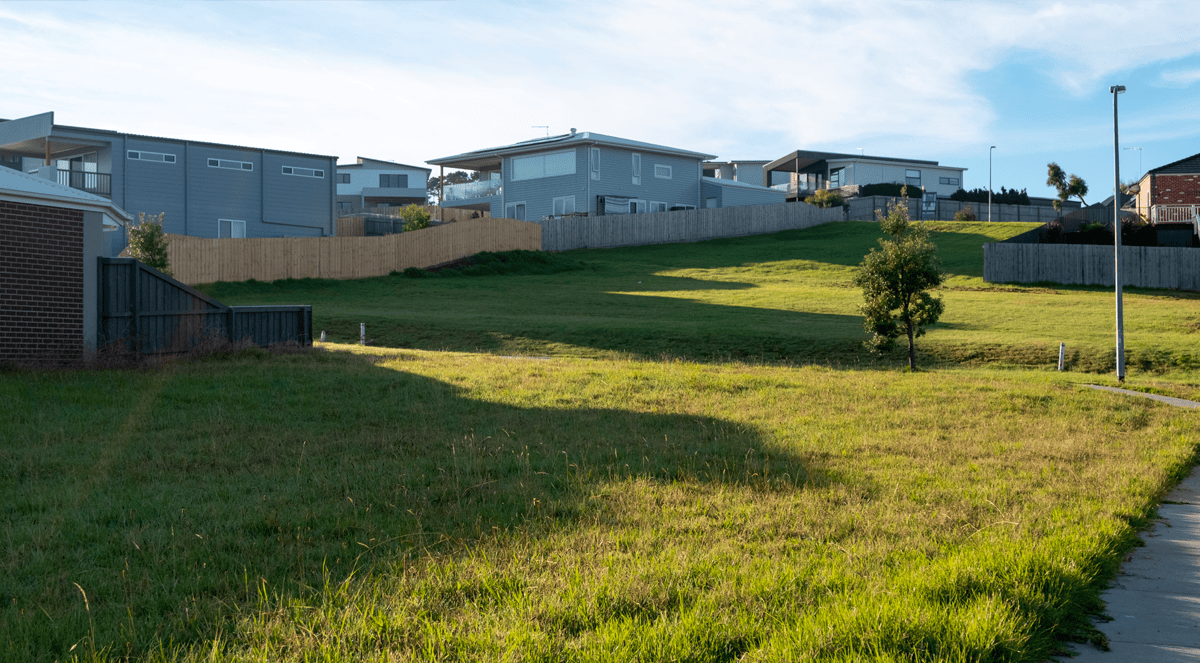
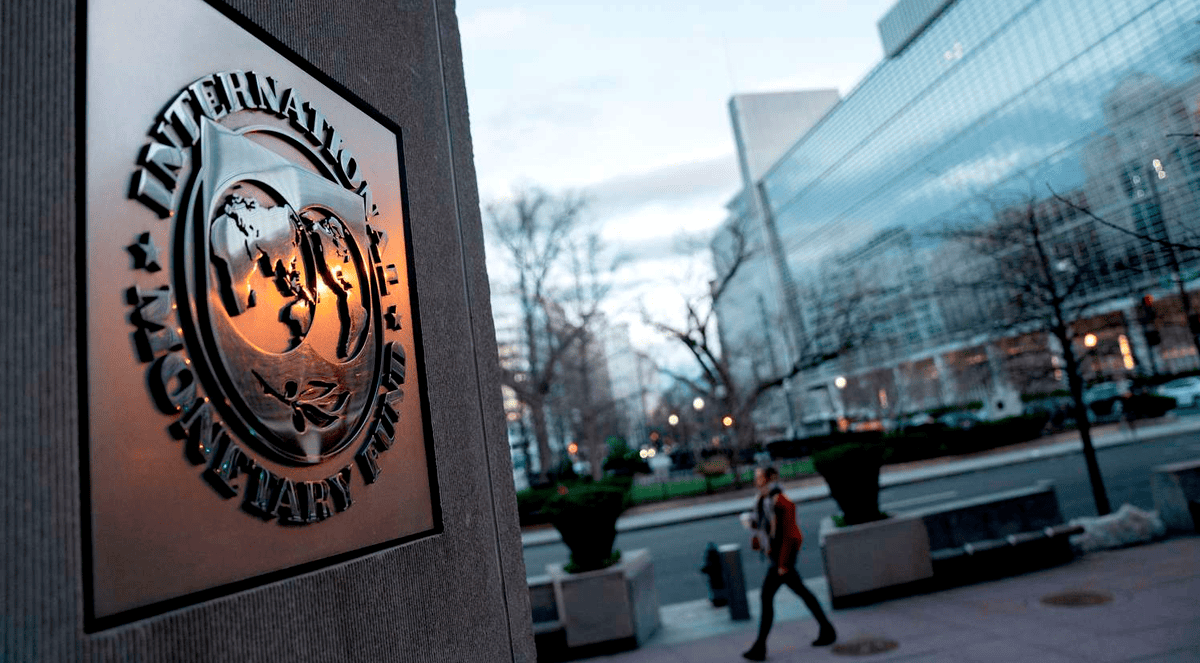
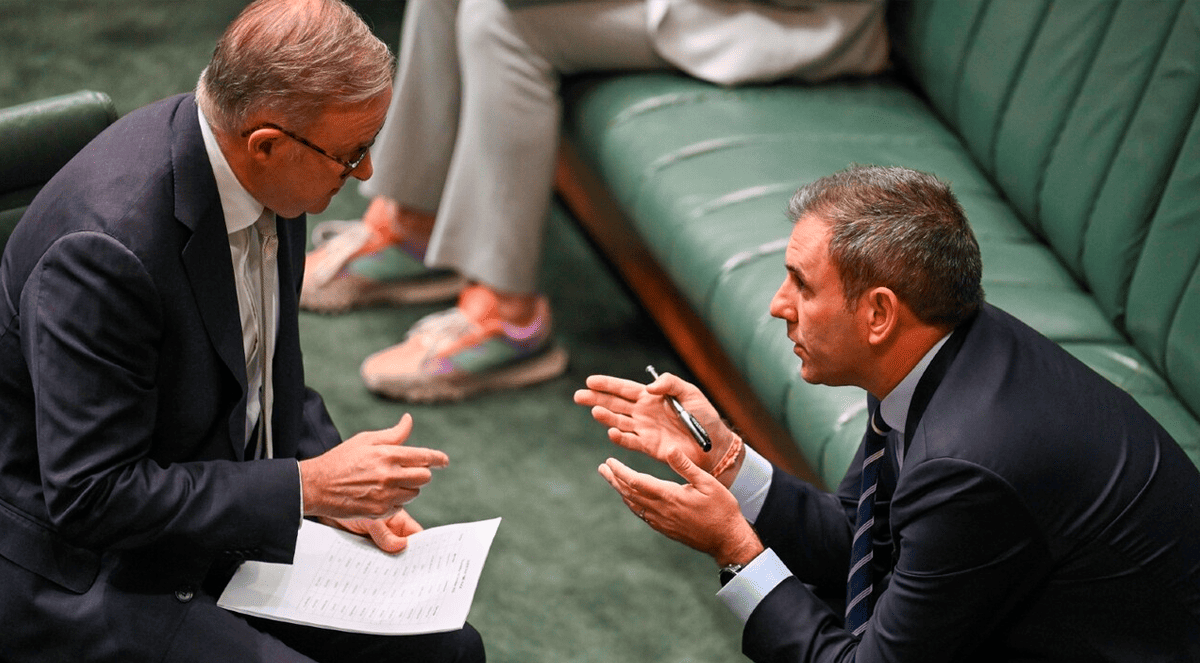

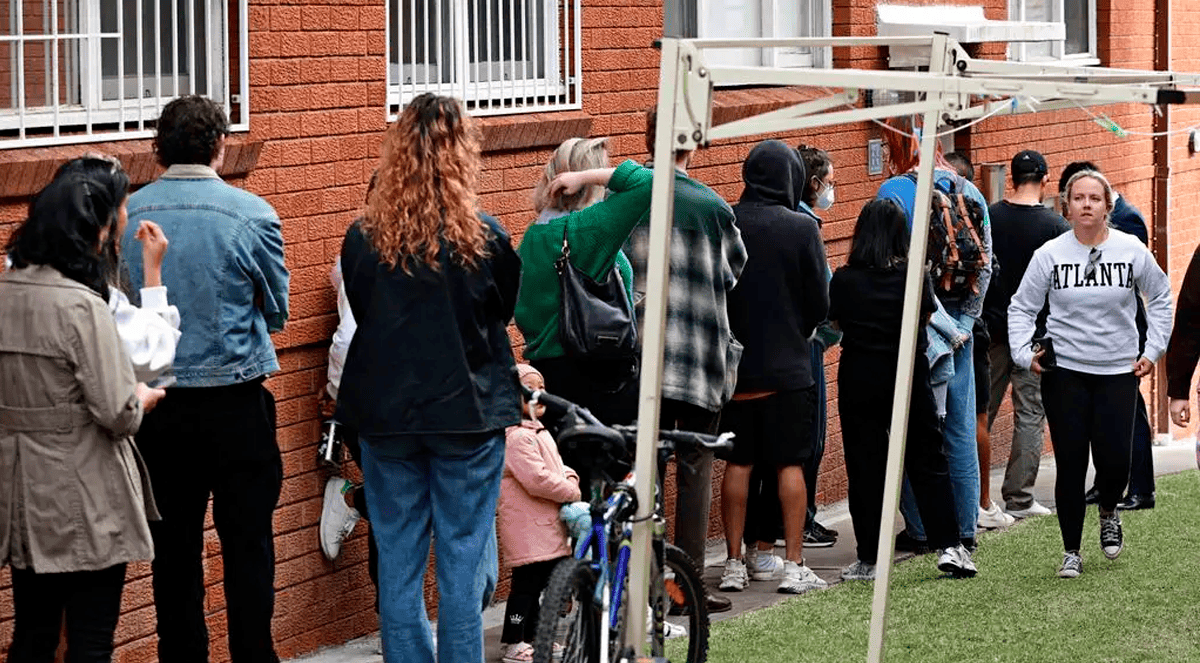


%20Scott%20Kuru%20DPU%20145.jpg?width=1920&height=1080&name=Senate%20Inquiry%20Forced%20the%20RBA%20to%20Admit%20the%20Housing%20Crisis%20Will%20Never%20Be%20Fixed%20(It%20Was%20All%20a%20Lie)%20Scott%20Kuru%20DPU%20145.jpg)



%20Scott%20Kuru%20DPU%20141.jpg?width=1920&height=1080&name=The%20Senate%20Just%20Exposed%20Australias%20Biggest%20$80%20Billion%20Housing%20Fraud%20(Inquiry%20Launched)%20Scott%20Kuru%20DPU%20141.jpg)




%20Scott%20Kuru%20DPU136.jpg?width=1920&height=1080&name=Aussies%20Just%20Got%20Hit%20With%20Double%20Taxes%20on%20Everything%20(This%20Has%20Gone%20Too%20Far)%20Scott%20Kuru%20DPU136.jpg)


%20Scott%20Kuru%20DPU%20133.jpg?width=1920&height=1080&name=JUST%20IN%20Something%20Major%20Just%20Flipped%20Australia%E2%80%99s%20Property%20Market%20for%202026%20(No%20One%20Saw%20This%20Coming)%20Scott%20Kuru%20DPU%20133.jpg)


.jpg?width=1920&height=1080&name=Rental%20Prices%20At%20Record%20Highs%20And%20Vacancy%20Rates%20At%20All%20Time%20Lows%20(New%20Data%20Reveals).jpg)
%20%20DPU%20EP%2014.jpg?width=1920&height=1080&name=Investors%20Shutting%20Out%20First%20Home%20Buyers%20(Investors%20At%20Record%20Highs)%20%20DPU%20EP%2014.jpg)

.jpg?width=1920&height=1080&name=Darwins%20Property%20Market%20Boom%20or%20Dangerous%20Gamble%20(REVEALED).jpg)

.jpg?width=1920&height=1080&name=The%20RBA%E2%80%99s%20Rate%20Cut%20Could%20Explode%20House%20Prices%20(Here%E2%80%99s%20Why).jpg)








.jpg?width=1920&height=1080&name=Warning%2c%20You%20Might%20Be%20Facing%20Higher%20Taxes%20Soon%20(1).jpg)




.png?width=1920&height=1080&name=Rate%20Drops%20Signal%20BIGGEST%20Property%20Boom%20in%20DECADES%20(1).png)

.jpg?width=1920&height=1080&name=Labor%20vs%20Liberal%20These%20Housing%20Policies%20Could%20Change%20the%20Property%20Market%20Forever%20(1).jpg)
.jpg?width=1920&height=1080&name=QLD%20Slashes%20Stamp%20Duty%20Big%20News%20for%20Investors%20%26%20Home%20Buyers%20(1).jpg)
.jpg?width=1920&height=1080&name=Trump%20Just%20Slapped%20Tariffs%20%E2%80%93%20Here%E2%80%99s%20What%20It%20Means%20for%20Australia%20(1).jpg)
.jpg?width=1920&height=1080&name=Federal%20Budget%202025%20More%20Debt%2c%20No%20Housing%20%E2%80%93%20Here%E2%80%99s%20What%20You%20Need%20to%20Know%20(1).jpg)
.jpg?width=1920&height=1080&name=Australias%20Housing%20Crisis%20is%20about%20to%20get%20MUCH%20Worse%20(New%20Data%20Warns).jpg)
%20(1).jpg?width=1920&height=1080&name=Australias%20RENTAL%20CRISIS%20Hits%20ROCK%20BOTTOM!%20(2025%20Update)%20(1).jpg)
%20(1).png?width=1920&height=1080&name=Is%20Adelaide%20Still%20a%20Good%20Property%20Investment%20(2025%20UPDATE)%20(1).png)
.jpg?width=1920&height=1080&name=RBA%20Shocks%20with%20Rate%20Cuts!%20What%E2%80%99s%20Next%20for%20Property%20Investors%20(1).jpg)
%20(1).jpg?width=1920&height=1080&name=I%20Predict%20The%20Feb%20Rate%20Cut%20(My%20Price%20Growth%20Prediction)%20(1).jpg)
.png?width=1920&height=1080&name=Why%20Property%20Prices%20Will%20Rise%20in%202025%20Market%20Predictions%20(1).png)
.jpg?width=1920&height=1080&name=Why%20Investors%20Are%20Choosing%20Apartments%20Over%20Houses%202%20(1).jpg)
.jpg?width=1920&height=1080&name=Why%20Rate%20Cuts%20Will%20Trigger%20A%20Property%20Boom%20(1).jpg)
.jpg?width=1920&height=1080&name=Retire%20On%202Million%20With%20One%20Property%20(Using%20SMSF).jpg)
.jpg?width=1920&height=1080&name=4%20Reasons%20Why%20You%20Should%20Invest%20in%20Melbourne%20Now%20(1).jpg)
%20(1).jpg?width=1920&height=1080&name=Old%20Property%20vs%20New%20Property%20(Facts%20and%20Figures%20Revealed)%20(1).jpg)
%20(1).jpg?width=1920&height=1080&name=Will%20The%20New%20QLD%20Govt%20Create%20a%20Property%20Boom%20or%20Bust%20(My%20Prediction)%20(1).jpg)
%20Scott%20Kuru%20(1).jpg?width=1920&height=1080&name=Inflation%20Hits%20Three-Year%20Low%20(Will%20RBA%20Cut%20Rates%20Soon)%20Scott%20Kuru%20(1).jpg)
.jpg?width=1920&height=1080&name=How%20to%20Buy%20Investment%20Property%20Through%20SMSF_%20The%20Ultimate%20Guide%20(1).jpg)
.jpg?width=1920&height=1080&name=Victoria%20Slashes%20Stamp%20Duty%20Melbourne%20Set%20to%20Boom%20Scott%20Kuru%20(1).jpg)
.png?width=1571&height=861&name=Are%20Foreign%20Buyers%20Really%20Driving%20Up%20Australian%20Property%20Prices%20(1).png)
.jpg?width=1920&height=1080&name=The%20Single%20Factor%20That%20Predicts%20Property%20Growth%20Regions%20(1).jpg)
%20Scott%20Kuru%20(1).jpg?width=1920&height=1080&name=My%20Prediction%20On%20Rates%20%26%20Negative%20Gearing%20(Market%20Crash)%20Scott%20Kuru%20(1).jpg)

-1.png?width=1920&height=1080&name=Major%20Banks%20Cut%20Rates%20Will%20RBA%20Follow%20Suit%20(Sept%20Rate%20Update)-1.png)
%20Scott%20Kuru-1.png?width=1920&height=1080&name=Rate%20Cut%20Coming%20What%20New%20Zealands%20Move%20Means%20for%20Australia%20(Sept%20Prediction)%20Scott%20Kuru-1.png)
%20(1).jpg?width=1920&height=1080&name=Buy%20when%20the%20interest%20rates%20are%20high!%20(Why%20you%20must%20buy%20now!)%20(1).jpg)
.jpg?width=1920&height=1080&name=Carms_Revised%20Taxes%20Due%20Aug%209%20YT%20Thumbnail02%20(1).jpg)
.jpg?width=1920&height=1080&name=Carms_Too%20Little%20Too%20Late%20Aug%207%20YT%20Thumbnail01%20(1).jpg)









.jpg?width=1920&height=1080&name=Carms_Rate%20Drop%20In%20July%20Jun%2010%20YT%20Thumbnail02%20(1).jpg)
.jpg?width=1920&height=1080&name=Carms_Own%20a%20Property%20V6%20Jun%205_YT%20Thumbnail%20(1).jpg)









.png?width=1920&height=1080&name=Artboard%201%20(3).png)






.jpg?width=1920&height=1080&name=YT%20thumbnail%20%20(1).jpg)

